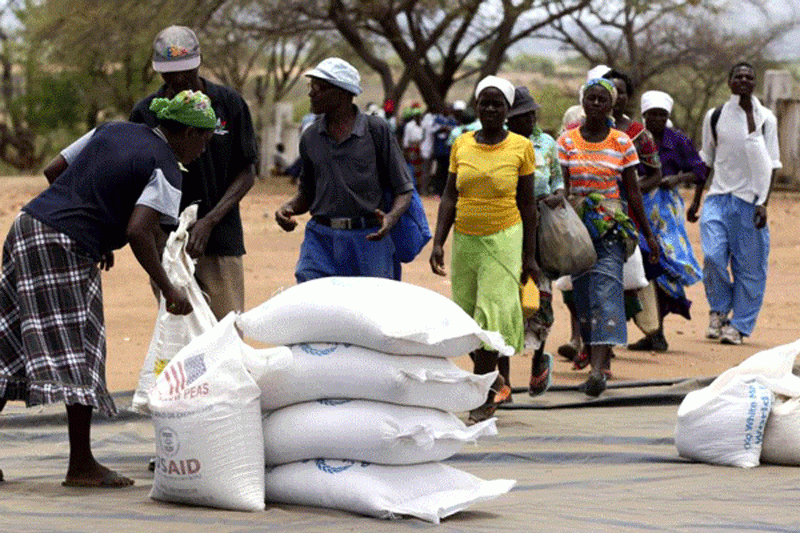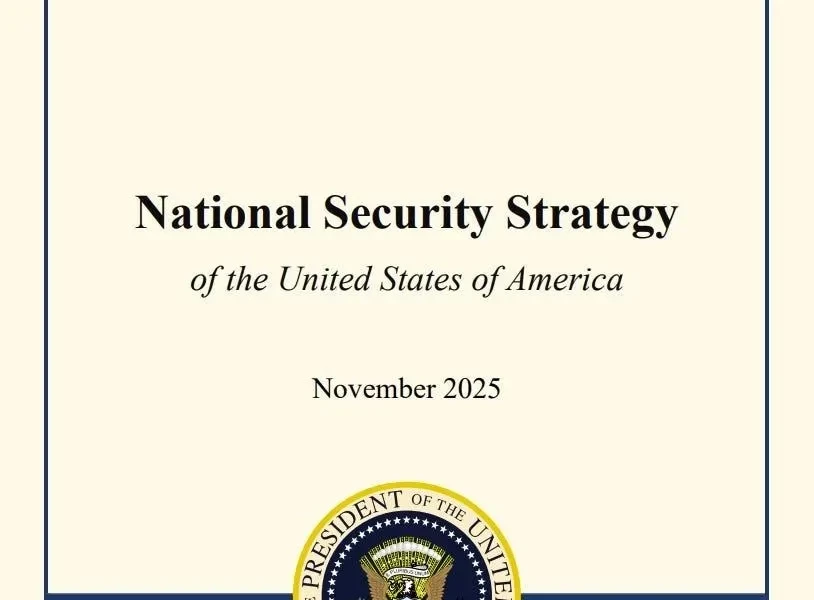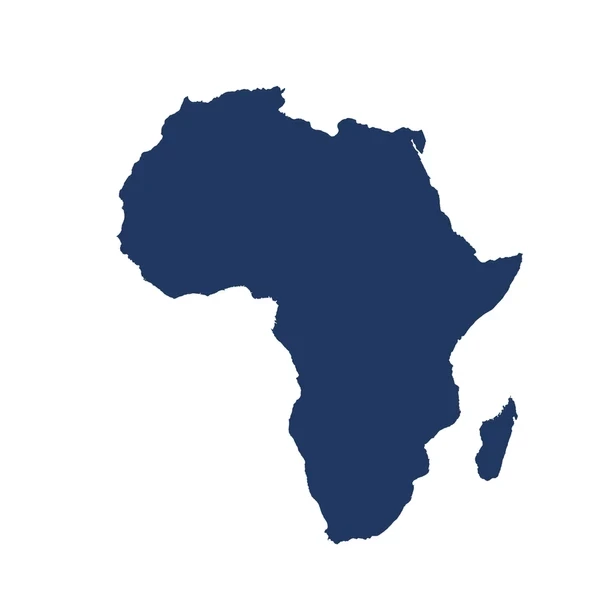
The dust has finally settled on the much hyped 44th Southern Africa Development Community (Sadc) Heads of State and Government Summit held in Harare recently. Despite the high expectations that preceded the Summit, the regional bloc’s annual ritual fell short of addressing the region’s pressing challenges.
The gathering of regional leaders, seen as a crucial platform for tackling urgent regional issues, left many local and regional CSOs, CBOs, and community members who had travelled from different countries feeling disillusioned, in the face of various crises, particularly the escalating drought.
As the Heads of State and Government wined and dined, the food insecurity and hunger caused by drought cast a long shadow over the region.
According to reports, over 60 million people, approximately 17% of the region’s population are grappling with food insecurity after southern Africa recorded the most severe drought in over 100 years during the 2023-24 agricultural season.
As a result, the region has been devastated by water scarcity, crop failures, food shortages, and disease outbreaks such as cholera.
The people of southern Africa had placed their hopes on the heads of state to take leadership and tackle the bull by the horns.
Yet, the summit’s outcomes have raised questions about the bloc’s capacity and political will to effectively respond to the multifaceted challenges facing the region, especially the ongoing drought that threatens millions of lives.
The gravity of the drought is aptly captured in a recent policy brief by ActionAid titled “Mitigating protection risks for young women in southern Africa: policy responses to drought-induced crises.’’
- Pay civil servants : Action Aid Zimbabwe
- ‘Capacitate smallholder farmers’
- ActionAid writes to ED over food prices
- Letter from America: A new culture war is brewing over abortion
Keep Reading
The brief revealed that young women were particularly facing heightened risks of violence, exploitation and marginalisation as food insecurity, economic hardship, and social instability escalate.
Additionally, the sad reality for most girls and young women is that the drought has brought with it an increased burden of unpaid care work.
Daily chores such as fetching water and firewood are now more tedious and expose them to increased risks of exploitation and gender-based violence.
Without adequate social protection services and financial support, the drought has certainly exacerbated existing inequalities.
Due to the lack of government support, some desperate families have adopted negative coping strategies such as marrying off their girls or forcing them to drop out of school.
In the absence of a strong and well-resourced immediate relief policy, young women are paying the price with devastating consequences that have trapped them in cycles of poverty and exploitation, severely limiting their ability to lead secure and autonomous lives.
While the final communique of the Heads of State and Government made a fleeting appeal for more decisive action on the drought, the urgency of the matter demands far more than a mere appeal.
The communiqué urged member states to implement the Sadc regional humanitarian appeal to the El Niño-induced drought and floods.
However, it lacked a clear and concrete plan for how the region intends to address this escalating crisis.
The Sadc leaders had a unique opportunity to demonstrate decisive leadership and deliver tangible outcomes for the millions of people suffering from the drought. However, the summit failed to produce a comprehensive action plan.
The Heads of State and Government should have been more explicit in communicating their drought mitigation plan.
For instance, an emergency response fund must be established to provide immediate relief to affected communities, especially women and girls. Additionally, they should have prioritised reassuring citizens on plans for comprehensive social safety nets, especially for vulnerable communities.
Finally, leaders should have committed to a transparent monitoring and evaluation framework for the Sadc regional humanitarian appeal to ensure accountability.
As people in the region trudge along in the aftermath of the Sadc summit, the regional leaders must embrace the full responsibility of addressing the immediate needs of the over 60 million who may not know where their next meal is coming from.
To do this effectively, the Sadc leaders must abandon rhetoric and work to translate their lofty ambitions into concrete actions that deliver tangible benefits to the people.
They may have missed the Sadc summit moment to send a clear and strong message that they are working hard to fight food insecurity and the growing inequalities against the girl child, but the opportunity still exists for the regional leaders to show decisive leadership that yields tangible results.
*Joy Mabenge is country director of ActionAid Zimbabwe










